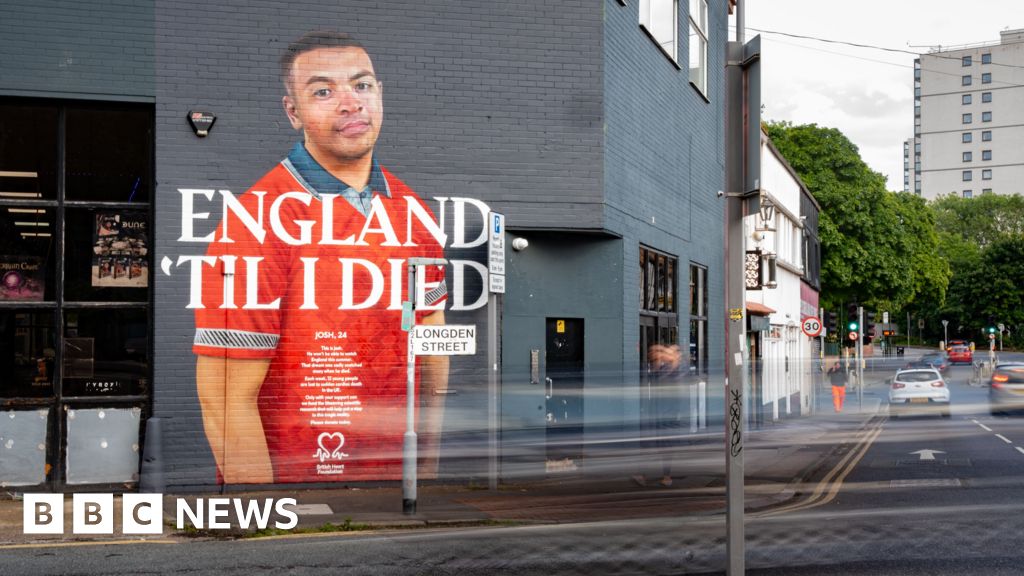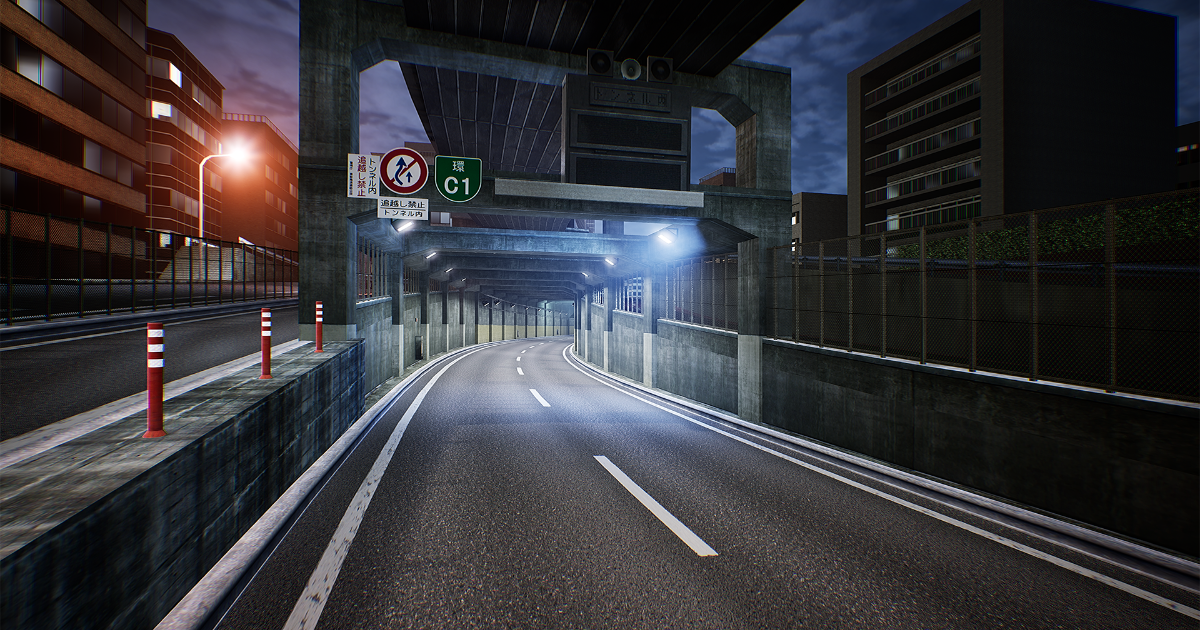“There were no signs that he had a problem. Nothing that could have predicted it.”
That is what Olympic gymnast Ellie Downie told BBC Breakfast about her 24-year-old brother Josh, who collapsed and died of a cardiac arrest while playing cricket in 2021.
Three years later, he is one of 12 young football fans who died of cardiac arrest being memorialised in murals in their hometowns.
It is part of a British Heart Foundation (BHF) drive to raise awareness of the devastating affect heart disease can have on people, regardless of their age.
Every week in the UK, an estimated 12 young people under the age of 35 die of sudden cardiac arrest, research shows.
The campaign has been timed to coincide with the start of Euro 2024.
Of the 12 young people memorialised in murals, some had no previous health problems, while others had known genetic conditions.
A post-mortem revealed that Mr Downie had an undiagnosed heart condition. His family, from Nottingham, described him as happy and bubbly, always cracking jokes to make people laugh.
When he died suddenly in Liverpool, his mother Helen Downie remembered how she sat with him for a few hours because “it sounds silly, you don’t want to leave him on his own”.
“The actual worst thing was telling my family,” she said.
His sister Becky Downie said: “It’s changed the dynamic so much, it’s still quite hard to believe at times that it’s actually happened and it was real.”
The family of Tom Henson, also featured in a mural, only discovered the 23-year-old from Chesterfield had a heart condition after he died while playing football in 2018.
“It was horrendous,” his mother Nikki O’Halloran told BBC Breakfast. “There was no inkling that Tom was in any way unwell,” his stepfather Shaun added.
After Mr Henson died, tests revealed his heart was enlarged and he had undiagnosed congenital heart conditions.
Since then, his family has set up a charity in his name that raises money for community defibrillators.
One family experienced tragedy twice. Myles Christie, a 15-year-old from Wolverhampton, suffered a cardiac arrest in 2023, exactly eight years after his father died of the same cause.
The teenager who features in a mural in Birmingham was healthy, his family said, and hospital tests even after the cardiac arrest showed his heart was strong.
His mother Hayley Christie told BBC Breakfast the family was holding a Euros party at home this year “because it’s what Myles would have wanted.”
In the last tournament played in 2021, Denmark player Christian Eriksen suffered a cardiac arrest on the pitch, but recovered to score his country’s opening goal this year.
More than half of the 2,011 Brits surveyed by Censuswide for BHF this year said Eriksen’s cardiac arrest and other high-profile incidents made them more aware of heart conditions.
The charity has been researching to find a cure for inherited heart diseases and the cause of unexplained cardiac arrests.
The organisation’s campaign aims to make people aware that cardiac death impacts young people too, with more than a quarter of surveyed by Censuswide not believing a heart condition could affect you if you were under age 35.
Impacted families hope that more funding and scientific study will help prevent cardiac deaths.
One researcher at St George’s, University of London has been trying to find genetic clues behind unexplained cardiac arrests.
Another team at the University of Oxford has been developing gene therapy technologies to target genetic faults that can cause inherited heart muscle diseases as part of BHF’s £30 million CureHeart research grant to find the first cures for these conditions.
Prof Hugh Watkins, who leads the Oxford team, told BBC Breakfast that an “ambitious but realistic goal” would be to enrol the first patients and trials in a minimum of five years.
“If you can get to that point that’s a cure,” he said.



